Stephen Spillers, the general manager of Recycling and Disposal Solutions (RDS), stood in front of a pile of recycled waste that was 25 feet high in March 2022.
Along with standard recyclables such as glass bottles and cardboard boxes, the pile was filled with extension cords, tires, plastic bags and even artificial Christmas trees, all things that will break the recycling sorting equipment at the Athens-Clarke County Recovered Materials Processing Facility.
A breakdown is exactly what happened to the facility’s sorting machine in March of 2022 — rendering the facility mechanically compromised for months and leaving behind piles of unsorted recycling.
Spillers has been chipping away at this pile of contaminated recycling for almost two years. The contaminated recycling has sat so long with food particles that it is no longer recyclable. It will have to be transported to the Athens-Clarke County landfill, which spans 400 acres and takes in roughly 300 tons of waste daily. The unsustainable disposal of waste has compounded the effects of climate change, reduced animal populations, and deteriorated public health, all of which have a detrimental effect on the environment.
“I wish I could snap my finger and have this all gone,” Spillers said.
Why it’s Newsworthy: Improper recycling practices have wreaked havoc on the RDS facility since March of 2022, contributing more trash to the ACC landfill. The ACC landfill is projected to last 30 more years. Madison County, Oconee County, Oglethorpe County, the city of Bogart and the University of Georgia residents can reduce waste by recycling at RDS. When less trash goes into the landfill it extends the longevity of the landfill and land in these counties.Recycle
RDS took over as facility processor of the Athens-Clarke County Recovered Materials Processing Facility on Oct. 1, 2021. According to the RDS website, the 24,000-square-foot building is owned by the Athens-Clarke County Unified Government and operated by RDS personnel. Since then, the recycling facility has processed about 75 tons per day or 1,500 tons per month.
RDS is also responsible for transporting the unrecyclable or contaminated recyclables to the landfill. Spillers estimates that RDS only contributes about 20-25 tons of trash to the landfill per day. This may seem like a lot, but according to the United States Environmental Protection Agency (EPA), in 2018 292.4 million tons of municipal solid waste (MSW) were generated, equivalent to 4.9 pounds per person per day.
A large portion of the trash RDS contributes to the ACC landfill is still coming from the pile built in March of 2022 when the sorting machine broke down. Since then, the Athens-Clarke County Recycling Division has been working to educate and inform the public on what can be recycled in order to streamline the recycling operations.
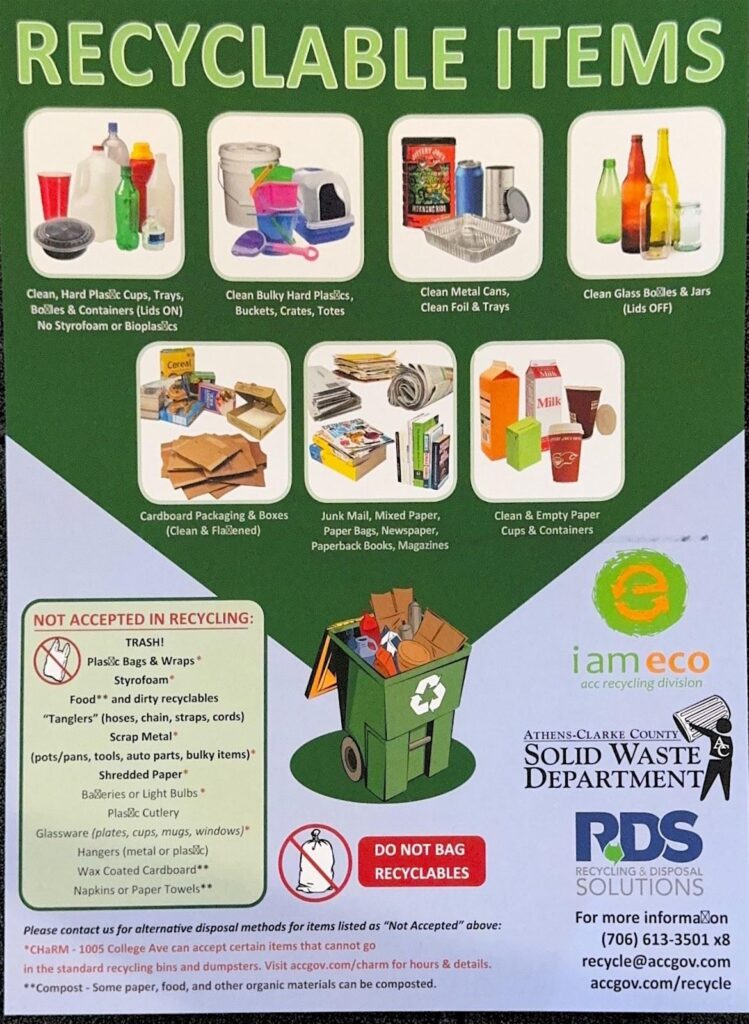
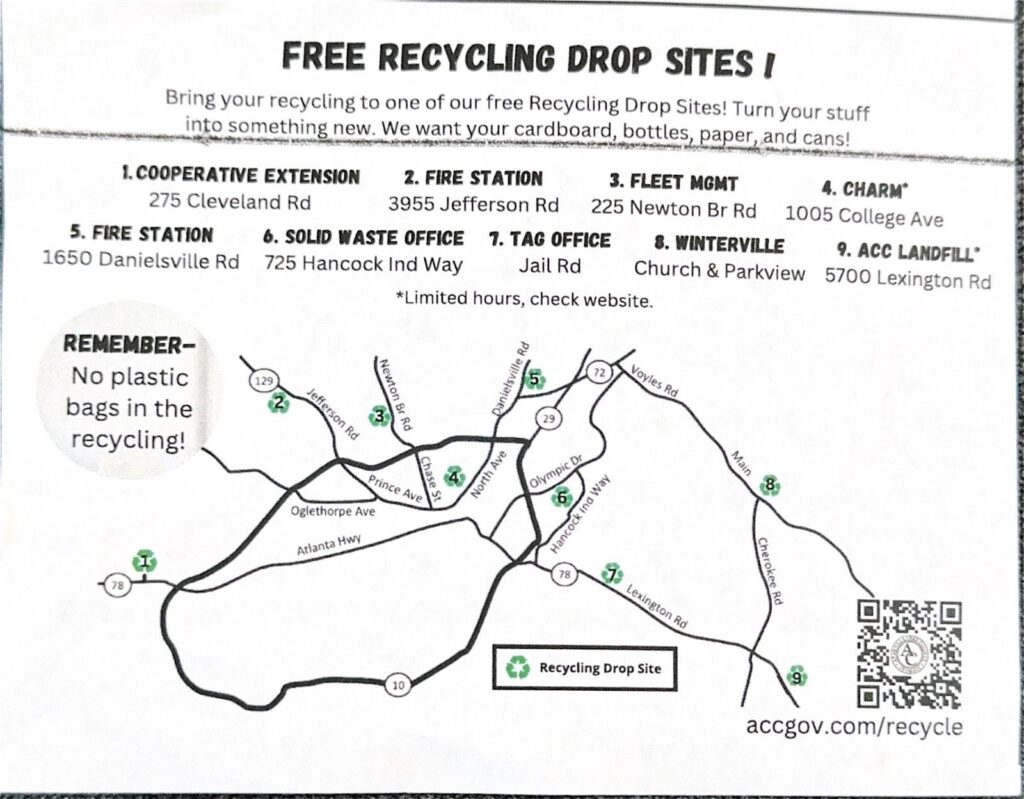
These educational pamphlets from the ACC Recycling Division give an overview of what can be recycled and where. They provide people an overview of single-stream recyclables and non-recyclables. (Courtesy/ACC Recycling Division)
Reduce Contamination
Contaminated recycling refers to materials placed in recycling bins that are not recyclable or improperly prepared for recycling. These can include food waste, liquids, plastic bags and non-recyclable items such as tires. Contaminated recycling is a significant issue because it can lead to contaminating other recyclable items and damaging the facility’s equipment.
One challenge recycling efforts face is that “many people are confused about what items can be recycled, where they can be recycled and how. This often leads to recyclables going in the trash or trash going in the recycling bin,” according to the EPA. Trash going into the recycling bin is what starts the cycle of contamination.
According to the ACC Recycling Division, Athens-Clarke County collects recyclables together as a “single stream” or mixed. This means empty and rinsed bottles, aluminum and steel cans, rigid plastic containers, mixed paper, cardboard and glass can all be placed in the same recycling bin or recycling dumpster in Athens-Clarke County. This alleviates some of the hassle for residents; however, education regarding recyclables is still crucial.
What’s Working
-
Cities Look to AI to Flag Residents’ Trash and Recycling Mistakes
Michigan cities are using AI to identify non-recyclable items in household recycling bins and then send the geotagged photo on a postcard to the homeowner with recycling tips. Over a 24-week period in East Lansing, more than 5,000 postcards were mailed and recycling stream contamination decreased by more than a fifth.Read Full Story
Abigail Sawyer works as the ACC Commercial Recycling Specialist to hold businesses accountable with fines. However, her job’s self-described “fun” part is interacting with people and education outreach. ACC and RDS attempt to combat contaminated recyclables and non-recyclable objects in the facility by educating Athens residents.
From posting on social media, tabling at community events and even marching in the Pride parade, the ACC Recycling Division tries to maintain a presence in the community and inform people about proper recycling practices.
“We also do a lot of school outreach such as tabling and providing educational activities and lesson plans to teachers and going to STEM nights,” Sawyer said.
But an unexpected obstacle is the number of tires that continue to be put in recycling bins that end up in recycling trucks and eventually are dropped off at the RDS facility, even though tires are not recyclable there. This creates more work for RDS as they must collect and transport these tires to the Center for Hard to Recycle Materials (CHaRM). According to the ACC website, the facility “is a one-stop drop for items that can’t be recycled at the ACC recycling drop-off sites due to their chemical composition, hazardous components, size, shape, etc.” These materials are collected at CHaRM for reuse and recycling.
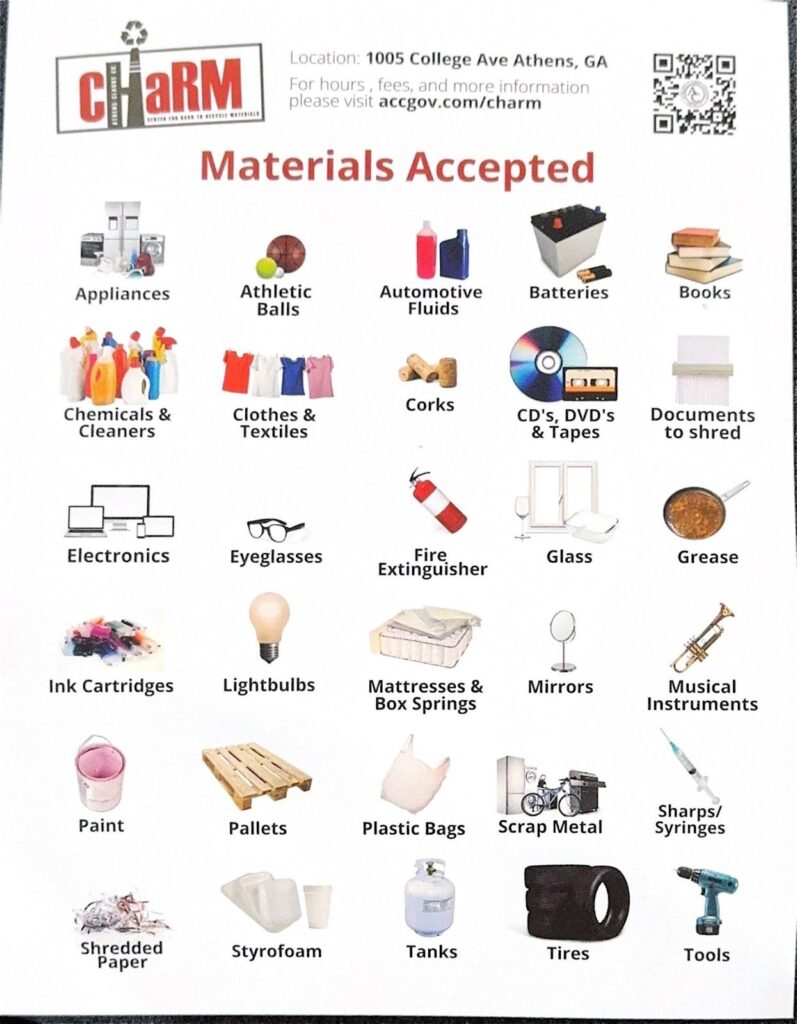
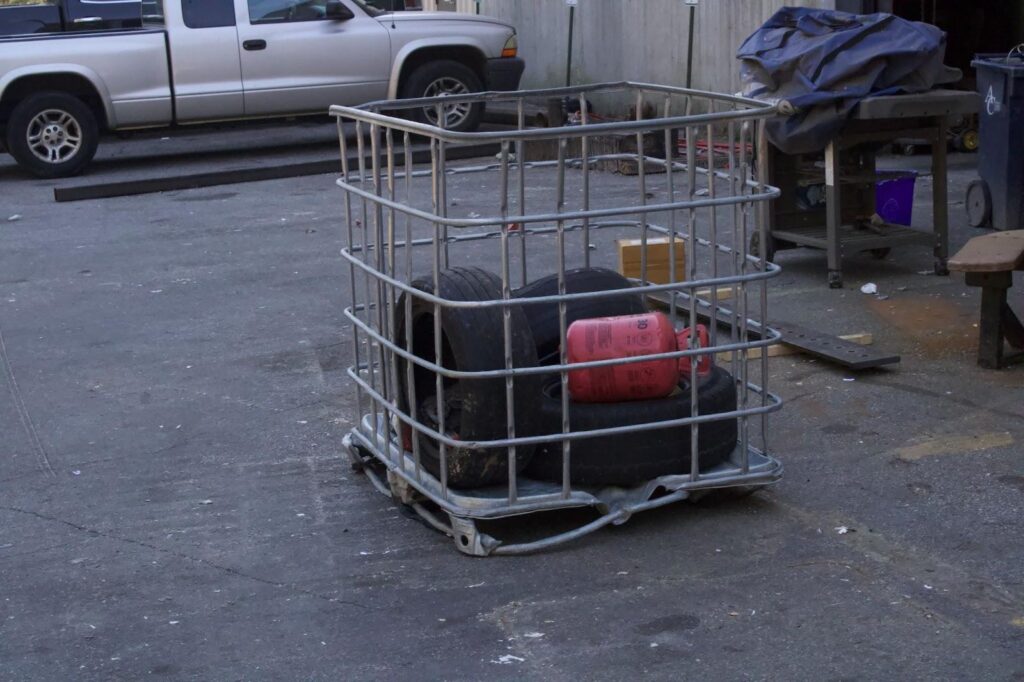
This educational pamphlet from the ACC Recycling Division outlines the hard-to-recycle materials CHaRM specializes in (left). (Courtesy/ACC Recycling Division). RDS employees collect tires and pile them in a container outside the Athens-Clarke County Recovered Materials Processing Facility (right). (Photo/Harper Lawson)
Reuse
Using the reuse model, the Athens Repair Café is one initiative that aims to prolong the life of products and save consumers from having to buy replacements, keeping more products out of the RDS facility and landfill. The Athens Repair Café and CHaRM operate out of the same warehouse. People can bring in electronics, clothing and anything else that needs fixing.
Vacuums are normally brought to the Athens Repair Café to be fixed when they inevitably get clogged and wrapped up with animal hair and debris. However, unfixable objects can then be recycled and kept from ending up in the ACC landfill.
“We take those things that we can’t fix, and we’re able to put them in the CHaRM, which we have a section for electronics for recycling those sorts of things,” Sandy Cederbuam, the reuse coordinator for Athens Repair Café, said.
Cederbaum took over as the reuse coordinator and has led the initiative since its return in January 2024.
Initiatives like the Athens Repair Café work hand-in-hand with the ACC Recycling Division and the ACC Recovered Materials Processing Facility to combat contaminated recycling. With more Athenians learning how to reuse items and recycle waste properly, less waste is ending up in the ACC landfill. However, education is still the key to more success.
“It starts, I hate to say at the beginning, but it does; it starts with the consumer education and then getting them to understand where we’re at. And then, hopefully, that translates to less stuff that comes in here that I have to throw away or take to the landfill,” Spillers said.
However, recycling will not be the sole factor in reducing waste in Athens. As Sawyer put it, “Recycling is the third R of reducing, reusing and recycling.”
Harper Lawson is a senior majoring in journalism at the University of Georgia’s Grady College of Journalism and Mass Communication, with a minor in English.


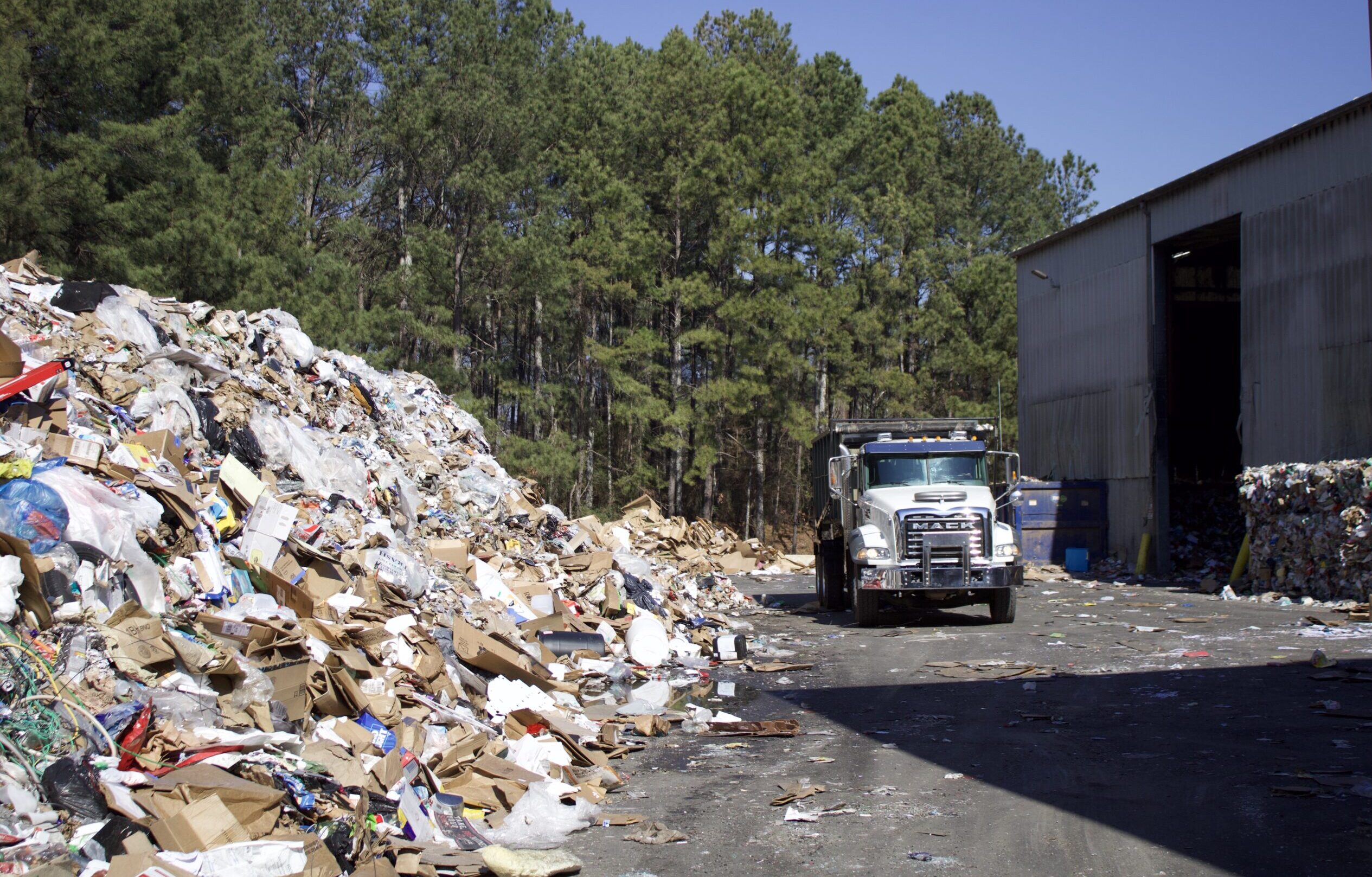


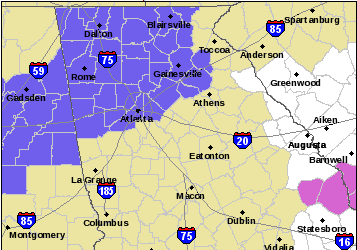
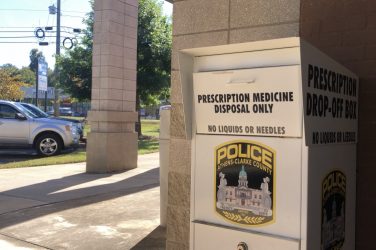
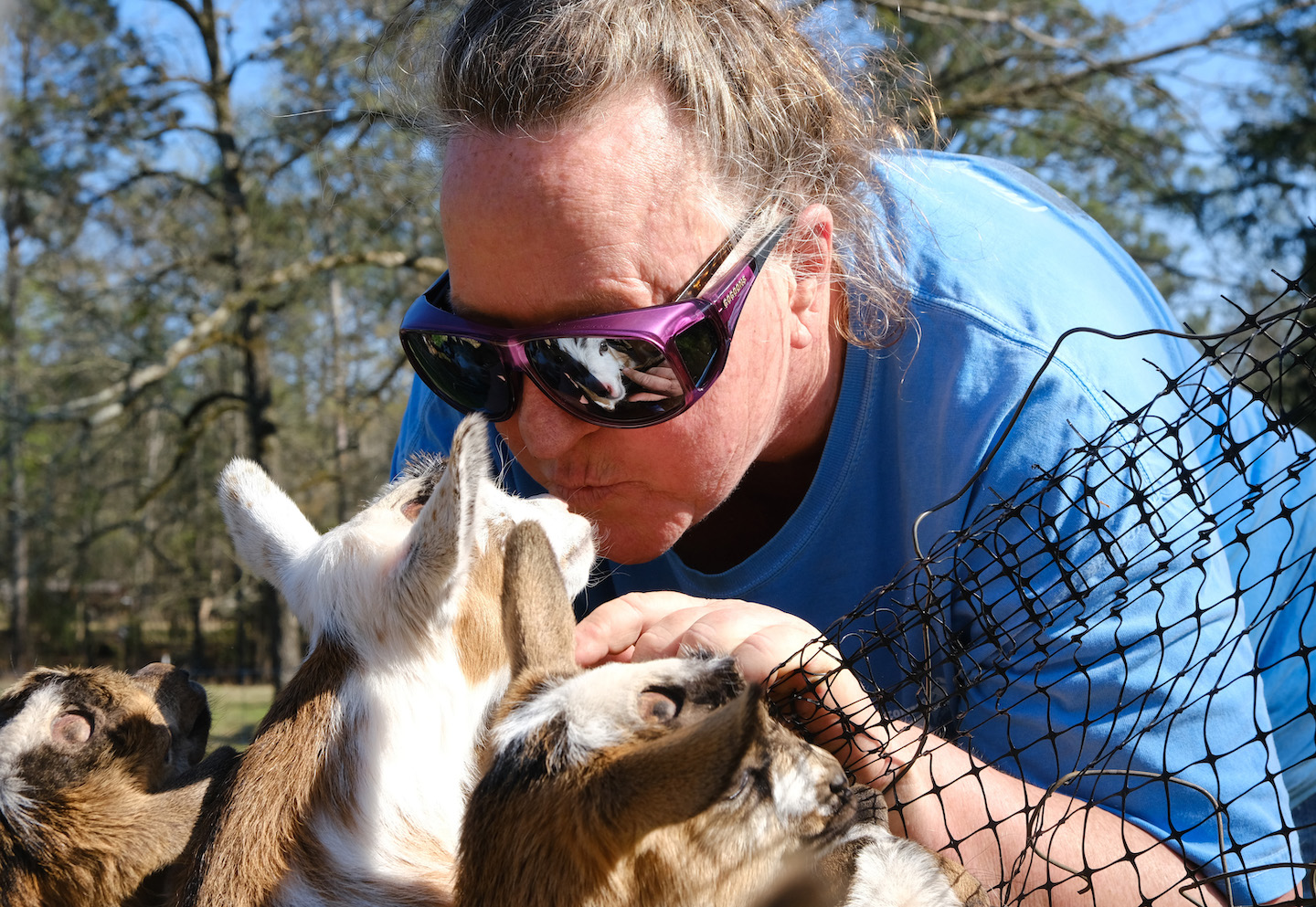

Show Comments (0)